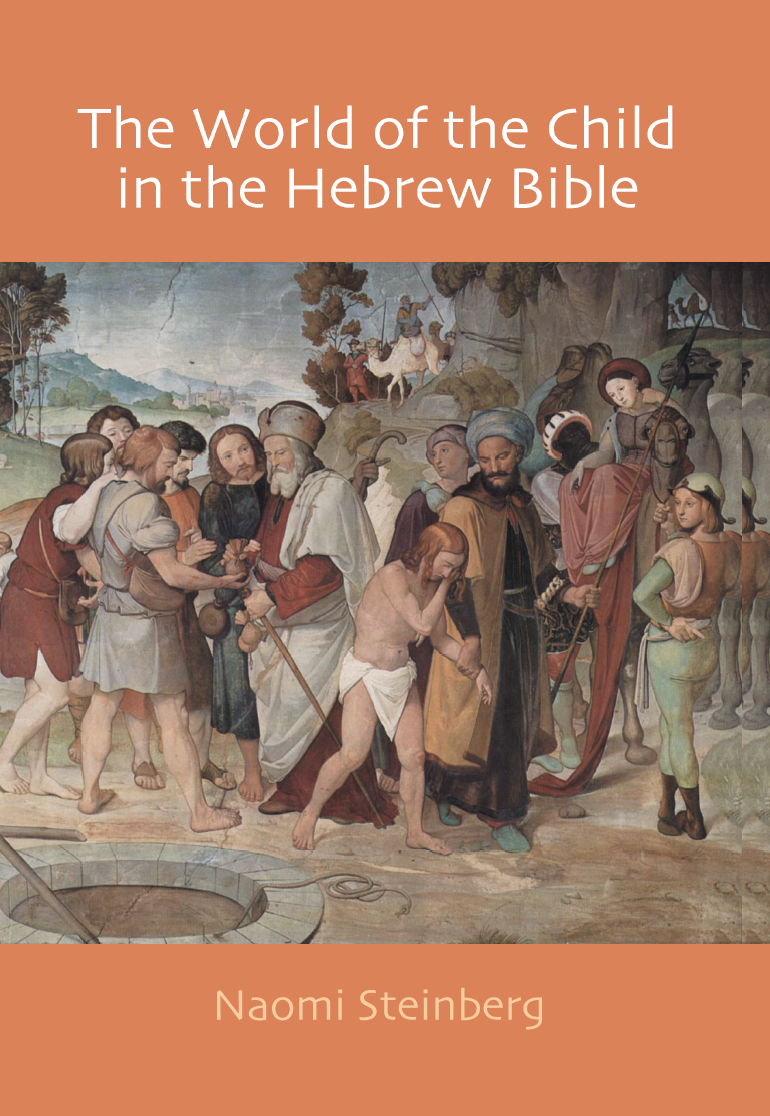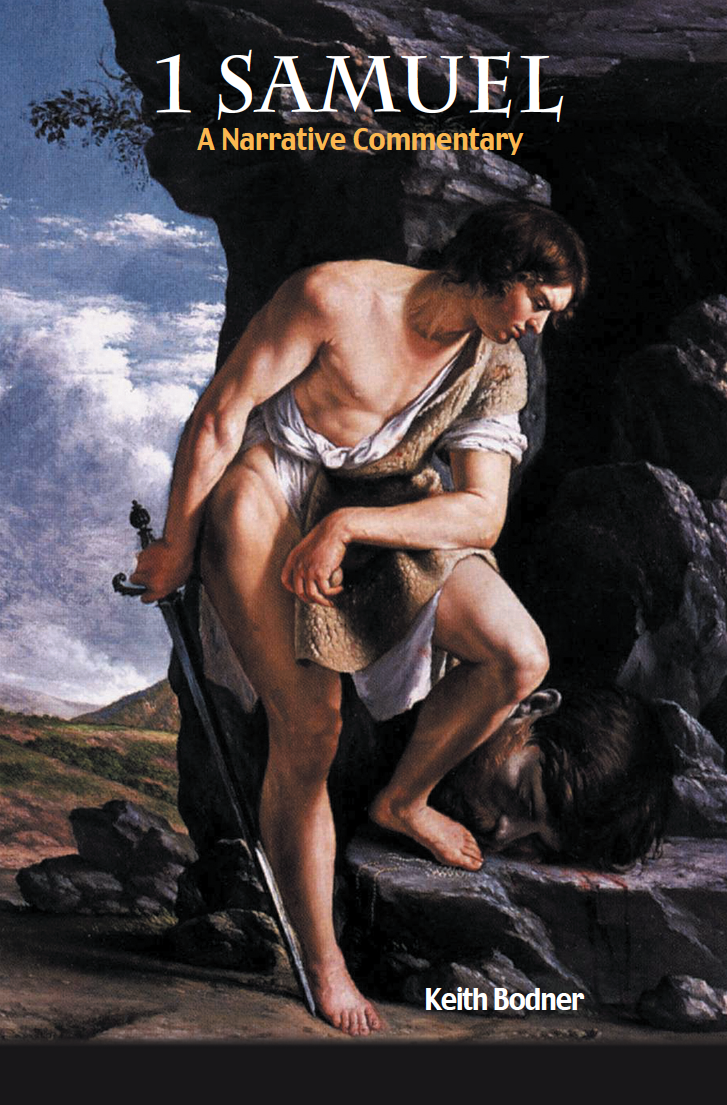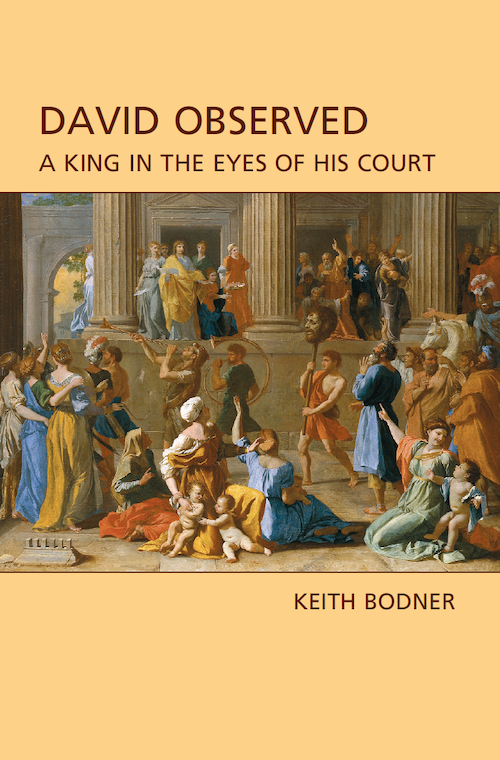The World of the Child in the Hebrew Bible
Published: Oct 2015
£18.50 – £50.00
The question 'What is a child?' is not easily answered. To make us aware of the multiple factors that contribute to the social construction of childhood in the Hebrew Bible, Naomi Steinberg draws on ethno-historical evidence and incorporates the insights of contemporary social studies of childhood. Through close readings of Genesis 21, 1 Samuel 1 and Exodus 21.22-25, she argues that chronological age and biological immaturity do not determine the boundaries of childhood in biblical Israel.
The social constructions of childhood in the Hebrew Bible were based on what the child could do for the parent, not vice versa. Children were their parents' property and were used to fulfil their parents' desires and needs. Not all children had the same experiences of childhood, of course. For example, whether a child was born into a monogamous or polygamous family shaped the course of its future. Other relevant factors in the construction of the multiplicities of childhoods included gender, birth order, and the socio-political historical contexts of ancient Israel. Steinberg convincingly corrects the notion that childhood is a static category in the human life cycle, showing that meanings of childhood are not generic and cannot be carried over from one society to another.
This fascinating study, in which the author draws fruitfully on her personal cross-cultural experience of children's lives in Guatemala, exposes the reality that childhood in the Hebrew Bible was radically different from present-day childhood.
The World of the Child in the Hebrew Bible
£18.50 – £50.00
The question 'What is a child?' is not easily answered. To make us aware of the multiple factors that contribute to the social construction of childhood in the Hebrew Bible, Naomi Steinberg draws on ethno-historical evidence and incorporates the insights of contemporary social studies of childhood. Through close readings of Genesis 21, 1 Samuel 1 and Exodus 21.22-25, she argues that chronological age and biological immaturity do not determine the boundaries of childhood in biblical Israel.
The social constructions of childhood in the Hebrew Bible were based on what the child could do for the parent, not vice versa. Children were their parents' property and were used to fulfil their parents' desires and needs. Not all children had the same experiences of childhood, of course. For example, whether a child was born into a monogamous or polygamous family shaped the course of its future. Other relevant factors in the construction of the multiplicities of childhoods included gender, birth order, and the socio-political historical contexts of ancient Israel. Steinberg convincingly corrects the notion that childhood is a static category in the human life cycle, showing that meanings of childhood are not generic and cannot be carried over from one society to another.
This fascinating study, in which the author draws fruitfully on her personal cross-cultural experience of children's lives in Guatemala, exposes the reality that childhood in the Hebrew Bible was radically different from present-day childhood.
1 Samuel: A Narrative Commentary
Published: Oct 2009
£18.50 – £45.00
This substantial commentary presents 1 Samuel as a sophisticated work of literature, where the reader is challenged with a narrative that is fraught with interpretative possibilities. In his distinctive literary reading Bodner lays special emphasis on the intriguing array of characters that populate the narrative, and on the plot, in its design and its configurations.
Thus, a host of intriguing episodes and personalities are passed in review: from the symbolically charged closed womb of Hannah to the backwards fall and the broken neck of Eli, to the strange tour of the Ark of God through the menacing Philistine pentapolis, wreaking havoc. Then there is the complex portrayal of Samuel the prophet, the emergence of the fugitive David as a leader, and the eventual decline, madness, and necromancy of King Saul.
Only through a literary study of its many ironies and ambiguities, Bodner amply shows, can the richness of this classic royal drama be fully appreciated.
1 Samuel: A Narrative Commentary
£18.50 – £45.00
This substantial commentary presents 1 Samuel as a sophisticated work of literature, where the reader is challenged with a narrative that is fraught with interpretative possibilities. In his distinctive literary reading Bodner lays special emphasis on the intriguing array of characters that populate the narrative, and on the plot, in its design and its configurations.
Thus, a host of intriguing episodes and personalities are passed in review: from the symbolically charged closed womb of Hannah to the backwards fall and the broken neck of Eli, to the strange tour of the Ark of God through the menacing Philistine pentapolis, wreaking havoc. Then there is the complex portrayal of Samuel the prophet, the emergence of the fugitive David as a leader, and the eventual decline, madness, and necromancy of King Saul.
Only through a literary study of its many ironies and ambiguities, Bodner amply shows, can the richness of this classic royal drama be fully appreciated.
David Observed: A King in the Eyes of His Court
Published: Mar 2008
£18.50 – £50.00
From his earliest anointing in 1 Samuel 16 until his deathbed discourse in 1 Kings 2, David is surrounded by a remarkable cast of supporting characters -- an ensemble whose varying perspectives on him create some of the complexity of this royal character in the biblical narrative.
David's older brother Eliab speaks only once to his younger sibling, but this conversation has significant implications for the larger narrative. The encounter with Ahimelech the priest in 1 Samuel 21-22 in many ways symbolizes the 'crossing fates' of David and Saul in the sanctuary at Nob. Abner is the rival general who wants to make a deal, but his actions are difficult to gauge: does he have his own set of royal ambitions? Joab is pre-eminently a man of action and a key commander of David's troops, but this military figure surprisingly turns out to be as well an innovative reader and royal exegete.
Nathan the prophet has a tendency to surface at pivotal moments in the story, as a decisive influence on the spiritual and political affairs of the king. Ahithophel is a senior counsellor in the Davidic administration who becomes mysteriously embittered against David in the rebellion of Absalom; in narratives about him there is a confluence of tangled motives and prophetic words. Finally, Solomon is the younger son who accedes to the coveted Davidic throne, and curiously shares traits with his ancestor Jacob and has a swearing problem in 1 Kings 1-2.
David Observed: A King in the Eyes of His Court
£18.50 – £50.00
From his earliest anointing in 1 Samuel 16 until his deathbed discourse in 1 Kings 2, David is surrounded by a remarkable cast of supporting characters -- an ensemble whose varying perspectives on him create some of the complexity of this royal character in the biblical narrative.
David's older brother Eliab speaks only once to his younger sibling, but this conversation has significant implications for the larger narrative. The encounter with Ahimelech the priest in 1 Samuel 21-22 in many ways symbolizes the 'crossing fates' of David and Saul in the sanctuary at Nob. Abner is the rival general who wants to make a deal, but his actions are difficult to gauge: does he have his own set of royal ambitions? Joab is pre-eminently a man of action and a key commander of David's troops, but this military figure surprisingly turns out to be as well an innovative reader and royal exegete.
Nathan the prophet has a tendency to surface at pivotal moments in the story, as a decisive influence on the spiritual and political affairs of the king. Ahithophel is a senior counsellor in the Davidic administration who becomes mysteriously embittered against David in the rebellion of Absalom; in narratives about him there is a confluence of tangled motives and prophetic words. Finally, Solomon is the younger son who accedes to the coveted Davidic throne, and curiously shares traits with his ancestor Jacob and has a swearing problem in 1 Kings 1-2.



